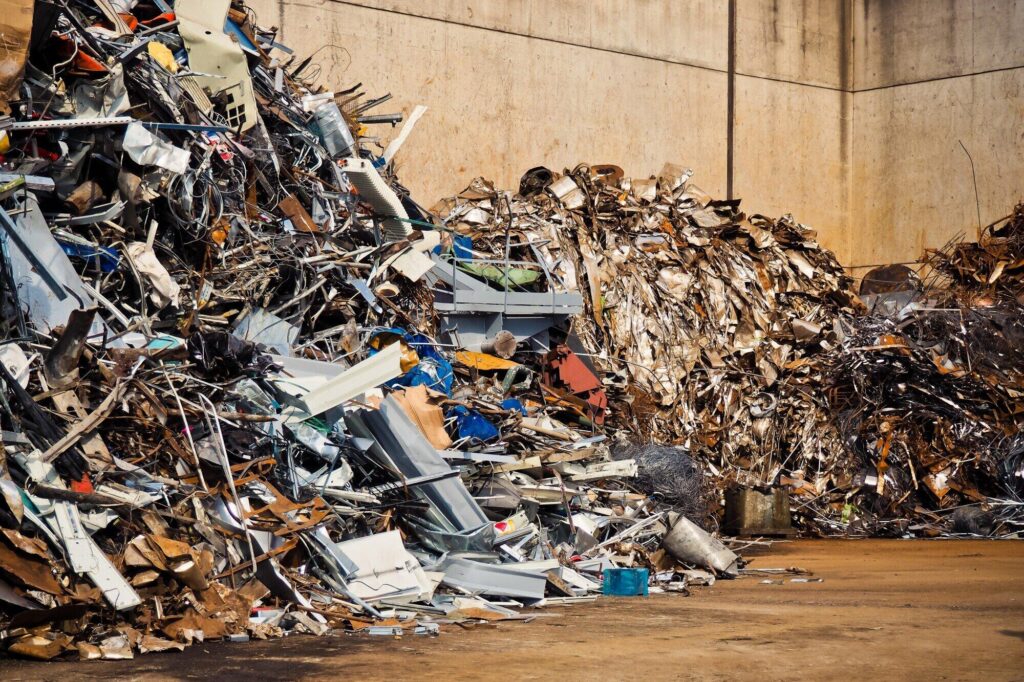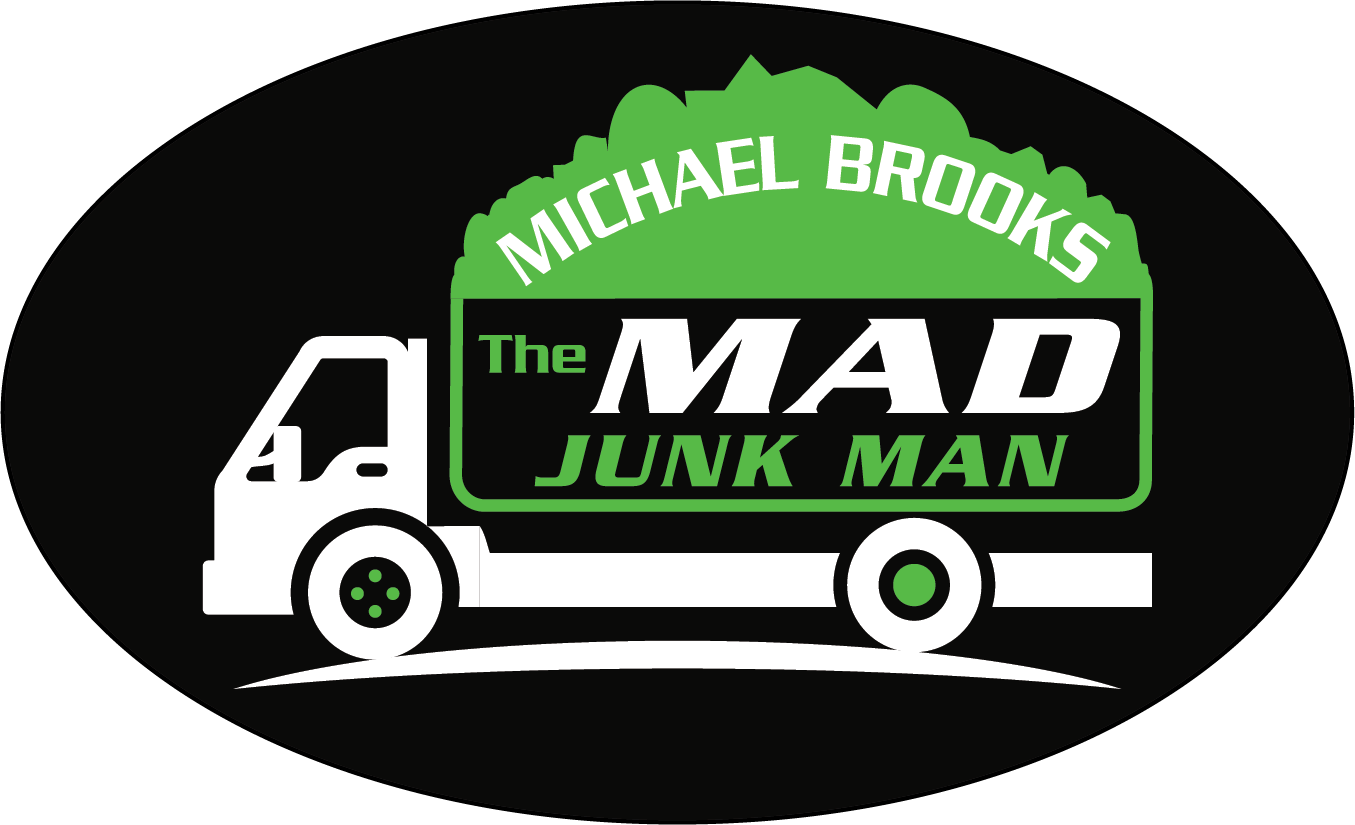
Discover a detailed guide on recycling metal efficiently. Learn tips and benefits to optimize your recycling efforts today!
You’re cleaning out your garage and stumble upon an old, rusty bike, a pile of aluminum cans, and a box of worn-out copper wires from a forgotten DIY project.
It’s tempting to toss it all in the trash and move on, but what if you could turn that clutter into something valuable – and help save the planet in the process? Recycling metal is more than just a chore; it’s an opportunity to contribute to a sustainable future.
Let’s go through everything you need to know about recycling metal.
Understanding Metal Recycling
Unlike many other materials, metals can be recycled indefinitely without losing their properties or quality, making them an essential part of sustainable resource management. By recycling metals, we can cut down on mining needs, conserve natural resources, and minimize environmental pollution.
There are two primary types of metals involved in recycling: ferrous metals and non-ferrous metals. Ferrous metals contain iron. They’re also magnetic, making them easier to identify and process. These metals are often found in:
- Construction materials
- Tools
- Old appliances
Non-ferrous metals do not contain any iron. They include:
- Aluminum
- Copper
- Brass
- Lead
These metals are lightweight, corrosion-resistant, and often more valuable in the recycling market due to their widespread use in industries like:
- Automotive
- Electronics
- Aerospace
Benefits of Recycling Metal
Unlike many other materials, metals are fully recyclable without degrading in quality, which means they can be reused endlessly to create new products while conserving finite resources.
One of the primary environmental benefits of recycling metal is the significant reduction in the need for mining and raw material extraction. Mining is an energy-intensive process that disrupts ecosystems, destroys habitats, and generates substantial carbon emissions.
Recycling metal requires far less energy and dramatically lowers greenhouse gas emissions, helping combat climate change. The global demand for metals continues to rise due to technological advancements and industrial growth. Recycling helps meet this demand by providing a steady supply of raw materials, reducing the pressure on natural resources.
Economically, recycling metal contributes to job creation and resource efficiency. The recycling industry provides employment opportunities in collection, processing, and manufacturing while reducing production costs for industries that use recycled metals.
Special Considerations
While recycling metal is a straightforward process for many materials, certain items require special attention. Appliances, consumer electronics, and vehicles often consist of both recyclable metals and other components, such as:
- Plastic
- Glass
- Rubber
Properly separating these materials before recycling ensures that only the appropriate materials enter the recycling stream. Some recycling centers offer deconstruction services. But, it’s helpful to disassemble items as much as possible beforehand to save time and maximize efficiency.
Consider the local regulations and resources. Not all recycling centers accept all types of metal, and some materials may require transport to specialized facilities.
It’s essential to research local guidelines and services, especially for items like large appliances or industrial scrap. Ensuring compliance with these regulations not only supports proper recycling practices but also avoids fines or penalties.
Recycling metal contributes to a circular economy, where materials are reused and repurposed indefinitely. This sustainable model reduces waste, conserves resources, and creates economic value from materials that would otherwise be discarded.
Benefits of Professional Junk Removal for The Environment
When it comes to disposing of unwanted metal items and other materials, professional junk removal services offer significant environmental advantages over do-it-yourself approaches.
Professional junk removal companies are trained to identify recyclable materials and separate them from general waste. Metals that might go unnoticed in a DIY effort are meticulously sorted and directed to appropriate recycling facilities. This ensures valuable resources are repurposed rather than unnecessarily sent to landfills.
Metals like lead, mercury, or lithium, often found in batteries, electronics, and appliances, require specialized handling to prevent environmental contamination. Professionals have the expertise and access to facilities that safely process hazardous materials, reducing the risk of soil and water pollution. DIY disposal can inadvertently lead to improper handling, posing long-term environmental risks.
Finding Junk Disposal NH
Clean out junk removal is best handled by a professional. Start by searching for junk removal companies within your area. Local providers often have a better understanding of New Hampshire’s recycling facilities and regulations, ensuring that your metal waste is handled responsibly. Many companies offer online directories or reviews that can help you assess their reliability and environmental practices.
Choose a junk disposal service that prioritizes sustainability. Look for companies that separate and sort recyclable materials, transporting them to appropriate recycling facilities. Some services even partner with metal recyclers to ensure that metals like aluminum, steel, and copper are recovered and repurposed, reducing the environmental footprint.
Residential junk disposal services are ideal for homeowners managing smaller-scale projects like:
- Decluttering their home
- Moving
- Renovating
These services often include pickup options, making it convenient to dispose of bulky metal items such as old appliances, pipes, or furniture. Ensure your junk removal company can handle the specific types of metals you’re recycling.
Some junk disposal services in New Hampshire offer added benefits such as free estimates, same-day pickups, or discounts for large loads of scrap metal. Others may assist with breaking down complex items to separate recyclable components, saving you time and effort.
Clean Outs: Metal Recycling Tips
Recycling metal effectively requires attention to detail and some preparation to ensure the process is smooth and sustainable. Before recycling, clean off any food, grease, or other contaminants. For example, rinse aluminum cans and remove labels from tin cans. Clean metal is easier to process and is more likely to be accepted by recycling facilities.
For smaller items like aluminum cans or tin containers, flattening them can save space and make them easier to transport. This is particularly useful if you’re recycling in bulk or storing materials over time.
Recycling Metal: Start Today
Clearly, there’s a lot you need to know about recycling metal and why it’s so important for our environment. So, if you have a lot of metal lying around, it might be time to look into your options.
Are you ready to invest in junk removal in New Hampshire? The MAD Junk Man offers eco-friendly junk removal services, so your old stuff will be out of the way in the blink of an eye – and without harming the planet!
Contact us, and we can take care of the rest.
